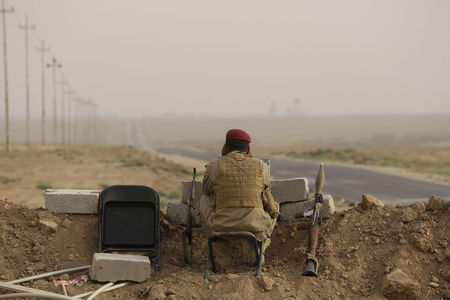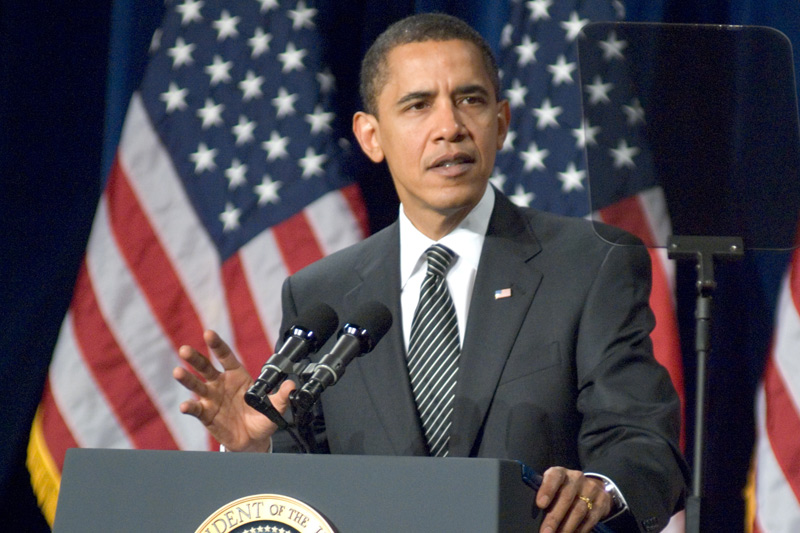By Richard Cowan
WASHINGTON (Reuters) - President Barack Obama could ask the U.S. Congress in coming weeks to approve new funds for airstrikes against Islamic State targets, according to a congressional aide, following the militants' beheading of an American journalist and activities in Iraq.
A Senate Democratic aide on Friday said the Obama administration could detail by early to mid-September the amount of additional money it wants for the military operations, although the aide did not estimate the size of the possible funding request.
The administration has indicated it does not want to put combat troops into the region, although it has said it is evaluating all options on how to deal with Syria.
The request would come as some influential members of Congress call on Obama to step up U.S. military pressure against Islamic State fighters. On Thursday, Republican Senator John McCain of Arizona called for a significant increase in air strikes, including bombing missions against targets in Syria.
"You've got to dramatically increase the air strikes. And those air strikes have to be devoted to Syria as well," McCain told Reuters in a telephone interview.
Democratic Senator Bill Nelson of Florida, a senior member of the Senate Armed Services Committee, earlier this week said, "We have to continue to take the fight to ISIS, not only in Iraq but in Syria as well."
The Senate aide, who asked not to be identified, said additional funding for military operations over Iraq and Syria is likely to be one of a few unrelated spending matters Congress could debate in September, after returning from a five-week summer recess.
One year ago, Congress returned from its long summer recess having to deal with a request by Obama for the backing of U.S. air strikes against Syrian President Bashar al-Assad's forces. The request came after the United States alleged that Assad had used chemical weapons against civilians.
That effort sputtered following British opposition to air strikes and a deep lack of support among U.S. politicians.
General Martin Dempsey, chairman of the Joint Chiefs of Staff, told a Pentagon news conference on Thursday that the Pentagon would examine whether additional funds were needed for operations in Iraq in the new fiscal year that begins on Oct. 1.
"I think we're fine for fiscal year '14 and we'll have to continue to gather the data and see what it does to us in '15," Dempsey told reporters.
Aides to Senate Majority Leader Harry Reid and House Speaker John Boehner were not immediately available for comment.
Don Stewart, a spokesman for Senate Republican leader Mitch McConnell, said on Friday: "The administration still hasn't put forward a plan for dealing with the wider threat posed" by the Islamic State.
With members of Congress scattered throughout the country during the long summer break, it is difficult to gauge their sentiment for an expanded military campaign against the Islamic State.
When Congress returns to Washington on Sept. 8 it will face a series of budget challenges, including whether to provide additional funds to deal with a surge of Central American youths trying to enter the United States illegally. Congress also will try to approve temporary funds to keep the government operating in the fiscal year that begins on Oct. 1.

Any request for more military funds could be coupled with the other budget requests.
(Additional reporting by David Alexander; Editing by John Whitesides, Andrew Hay and Ken Wills)
